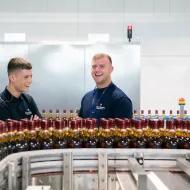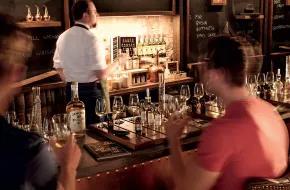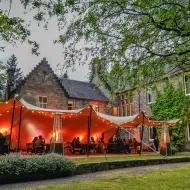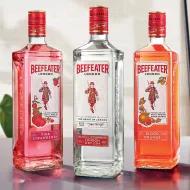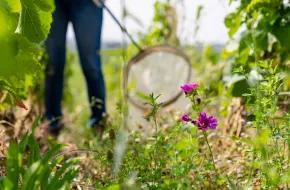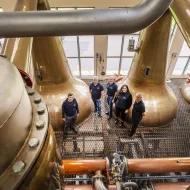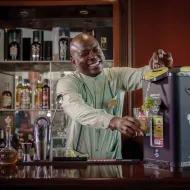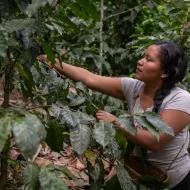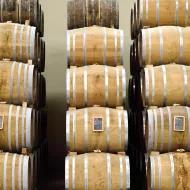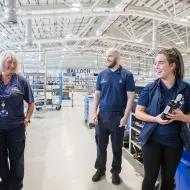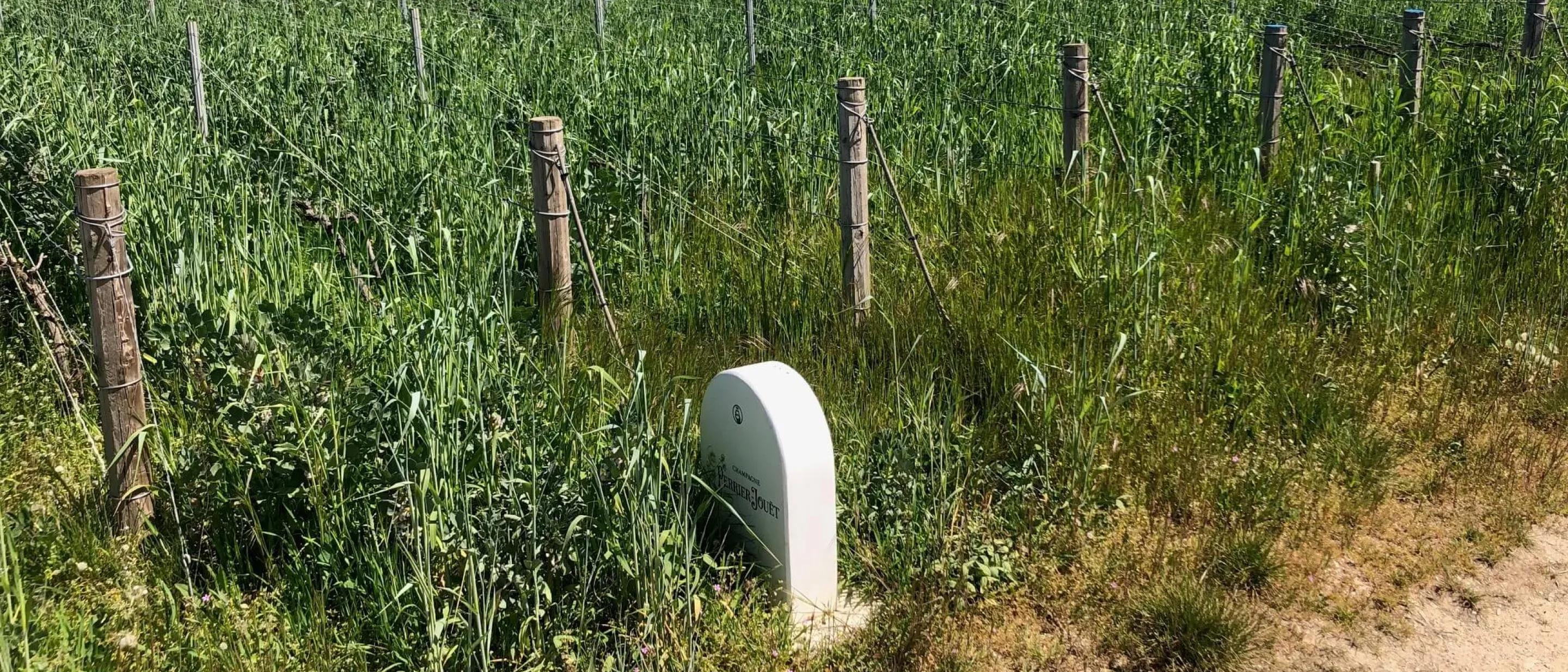Martell Mumm and Perrier-Jouët (MMPJ) have been committed to leading Pernod Ricard’s charge on sustainable viticulture for over a decade. In our vineyards and terroirs, we are working with our farmers, winemakers and partners to develop sustainable and regenerative agricultural practices.
Martell Mumm and Perrier-Jouët (MMPJ) have been committed to leading Pernod Ricard’s charge on sustainable viticulture for over a decade. In our vineyards and terroirs, we are working with our farmers, winemakers and partners to develop sustainable and regenerative agricultural practices.
Regenerative agriculture is a holistic approach encompassing the growing environment, biodiversity, and soil life. It is the delicate balance and the stimulation of biological processes, combined with protective methods that are respectful of the environment.
Our transition to more sustainable winegrowing practices is not just the right thing to do, it’s a necessity. We rely on nature and well-functioning ecosystems to source the natural ingredients which make our products unique and drive sustainable growth.
By taking an aerial view of the terroir, the soil, the wildlife and plants and the community MMPJ are making a real impact on mitigating climate change, protecting ecosystems, enhancing biodiversity, restoring the soil, and improving livelihoods.
As much about people as the land
MMPJ has lent on expertise advice from world-renown agroecologist Sébastien Roumegous to develop and implement a 5-year pilot programme.
The transition to regenerative agriculture is as much about bringing people on board as it is about respecting the land, so the programme was developed following a series of workshops in Champagne and Cognac. Coming together the team defined a roadmap and vision for the pilot programme.
A vital component of the programme is knowledge and skill transfer, by training alongside an expert our network of employees will acquire new skills in soil functioning, plant cover and biostimulation.
From the moment I started working with the teams at Pernod Ricard, I was taken by their enthusiasm, passion and long-term commitment.
To preserve our terroirs over the long term, we share best practice and support our growing partners as they transition to sustainable viticulture and support them to achieve certification.
The private sector is instrumental in accelerating the transition to regenerative agriculture practices, because it has that constant drive for more efficiency and to meet consumer expectations, while also working closely with a large network of farmers, suppliers and other partners.
Regenerative Agriculture Pilots
The programme began at the end of 2020 with an in-depth study of the soil quality. Over four years the regenerative viticulture pilots in Cognac and Champagne will pilot growing climate resistant grape varieties, cover crops and using precision farming technology. There are three key objectives:
- Optimise soil health: fertile, nutrient-rich soil capable of storing carbon is an essential element for photosynthesis and healthy plant growth.
- Optimise vine health: testing new varieties that are more resistant to weather fluctuations and reduce dependence on chemicals.
- Increase biodiversity: restoring landscapes to shelter other species that will promote pollination and regulate species harmful to vines.
Building on solid foundations
MMPJ vineyards across Cognac and Champagne are trialling alternative methods of weed control (electric, foam, water pressure, etc.) introducing biodiversity inventories, increasing use of biocontrol, and ramping up the use of panels on sprayers to reduce the quantity of spray solution needed and stop it from drifting onto the soil or into the air. By 2020 MMPJ had already reached an important goal of using zero herbicides across all vineyards.
At Martell Mumm Perrier-Jouët, our products are aged for up to 10 or 20 years and therefore our future consumers will judge our practice of today with their environmental sensitivity of tomorrow.
Recent investment in precision farming technology includes: Bakus, an autonomous electric tractor designed by French start-up VitiBot that helps teams in the field through mechanical weeding; and connected innovations such as camera-equipped drones.
Tags
On the same topic
-
Sainte Marguerite en Provence signs an agreement to acquire Terres de Ravel, doubling its winegrowing capacity
Read moreSainte Marguerite en Provence, a Cru Classé from Côtes-de-Provence, announces its plans to acquire the Aux Terres de Ravel estate and its 280 hectares of vineyards.
-
Pernod Ricard to promote regenerative farming and responsible drinking at the 2024 Paris International Agricultural Show
Read morePernod Ricard will be present at the 2024 Paris International Agricultural Show (Salon International de l’Agriculture), where it will host two round table events on promoting biodiversity and the transition towards regenerative farming, alongside its partners and other committed stakeholders.
-
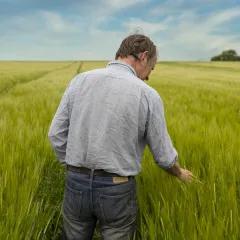
Irish Distillers: Securing quality ingredients and enhancing biodiversity
Read moreOur business is inextricably linked to the health of the ecosystems that make up our terroirs. Any degradation of these has a direct impact on the natural ingredients we depend on for our iconic brands.





